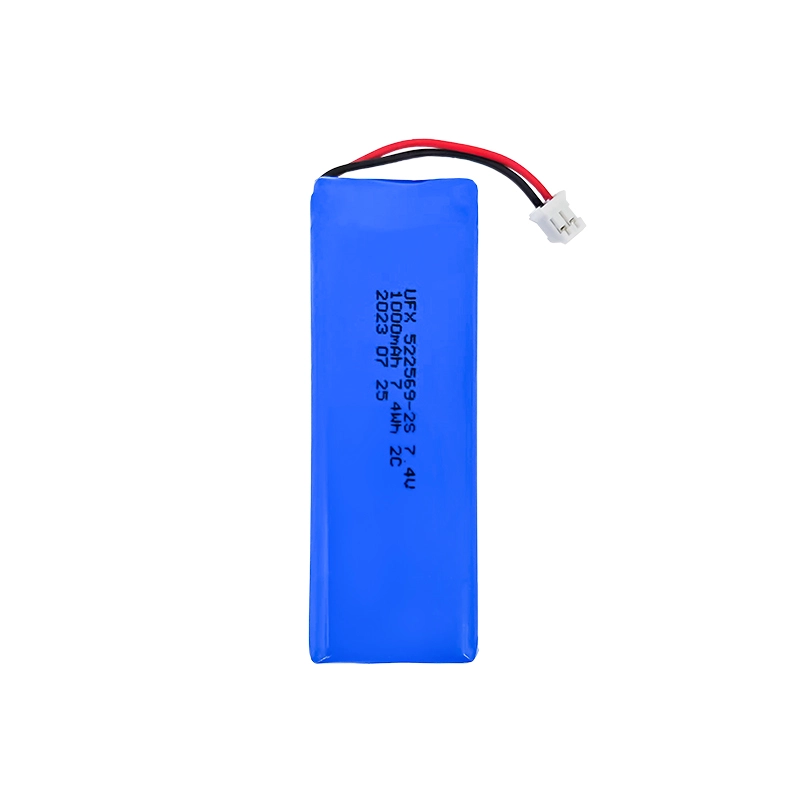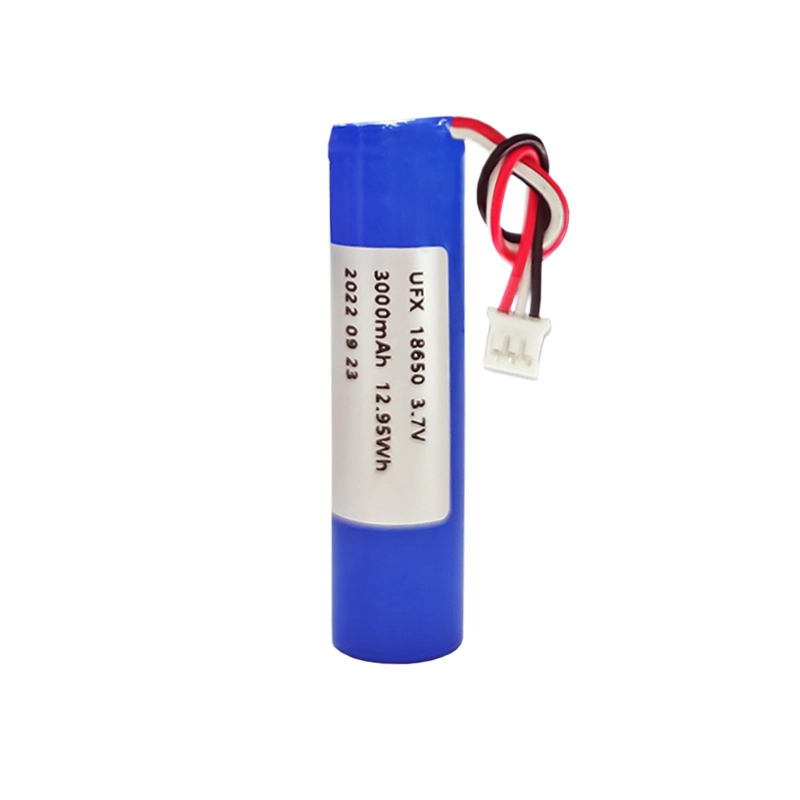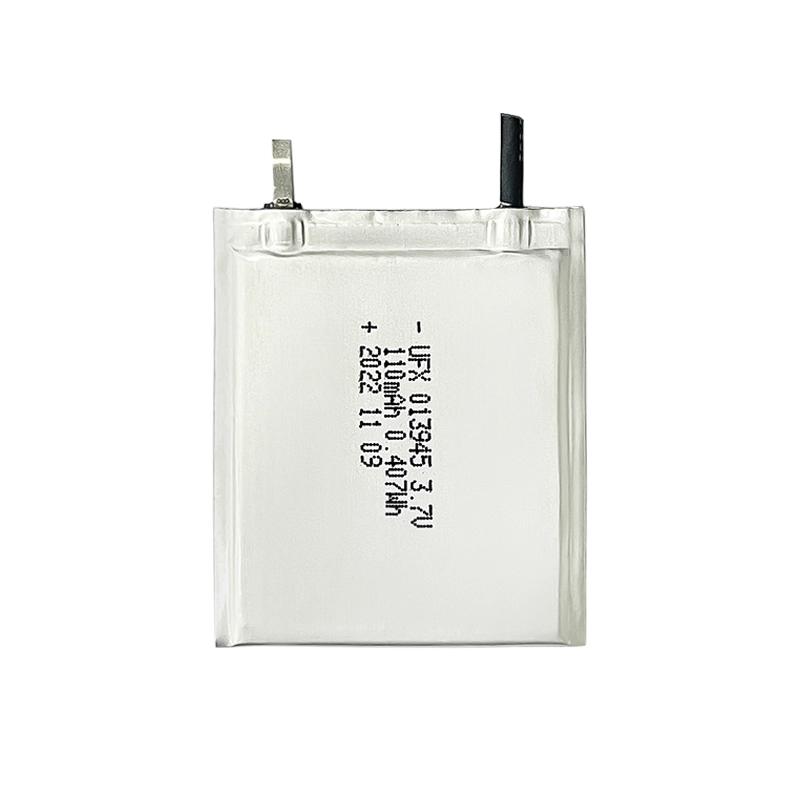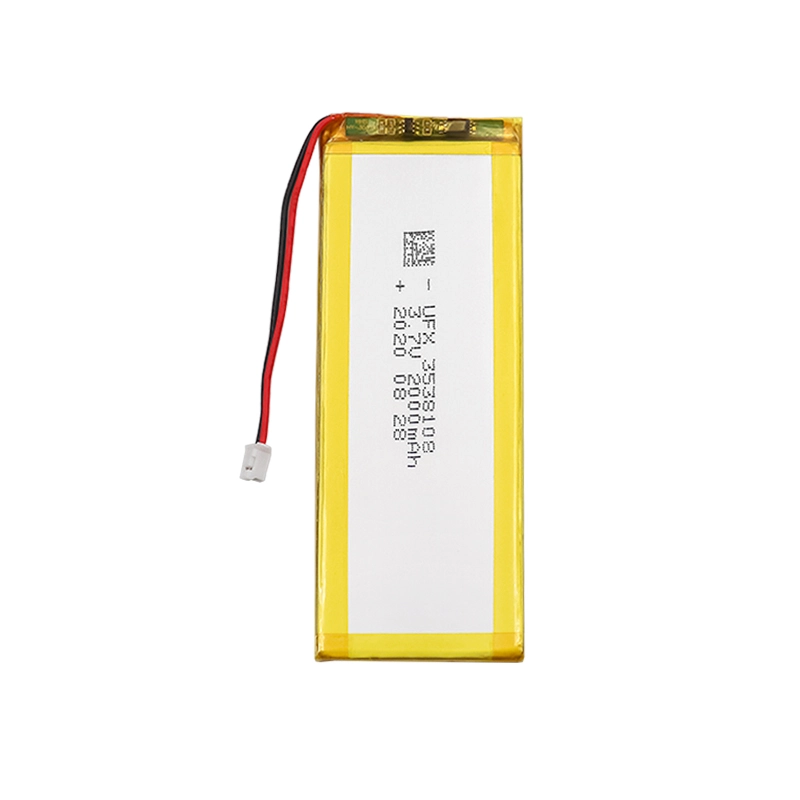
Best Tablet Battery
As mobile devices become more popular and their functions continue to increase, the requirements for battery capacity and battery life are also getting higher and higher. With its high energy density and long service life, new energy lithium batteries can meet the needs of mobile device users for long battery life and high performance, and provide reliable energy support for tablet computers.
Application of lithium batteries in tablets
1. Battery capacity and performance requirements
With the enhancement of tablet functions and the increase in usage requirements, the demand for tablet battery capacity and performance is also getting higher and higher. Lithium batteries can provide high energy density and long use time, meeting the needs of long-term use of tablets.
2. Fast charging technology
To improve user experience, fast charging technology has been widely used in mobile devices. Lithium batteries can be fully charged in a short time by using fast charging technology, making it convenient for users’ daily use.
3. Thin and light design
With the trend of thinner and lighter tablets, the requirements for battery size and weight are also getting higher and higher. Lithium batteries have smaller size and weight and can meet the needs of thin and light design of mobile devices.
4. Environmentally friendly and sustainable
Lithium batteries have better environmental performance than traditional nickel-cadmium batteries. It does not contain harmful substances and can be recycled, reducing environmental pollution. As environmental awareness increases, the application of lithium batteries in more mobile devices will be further promoted.
The development trend of lithium batteries in mobile devices
1. Capacity improvement
With the advancement of technology, the capacity of lithium batteries continues to increase. At present, the capacity of lithium batteries commonly used in mobile devices is generally between 2000mAh and 5000mAh, and the battery capacity of some high-end devices even exceeds 5000mAh. In the future, with further breakthroughs in technology, the capacity of lithium batteries will continue to increase.
2. Improvements in fast charging technology
The application of fast charging technology in mobile devices will be further improved and perfected. In the future, faster charging technology may emerge, allowing users to charge faster and reduce waiting time.
3. Application of new battery technology
In addition to traditional lithium batteries, new battery technologies may be used in mobile devices in the future. For example, new battery technologies such as solid-state batteries and sodium-ion batteries may replace traditional lithium batteries, providing higher energy density and longer use time.
4. Improvement of environmental performance
As environmental awareness increases, the requirements for the environmental performance of lithium batteries will also continue to increase. In the future, lithium batteries may pay more attention to the recyclability and environmental friendliness of materials to reduce their impact on the environment.
Ufine has successfully developed and produced thousands of conventional batteries, lithium iron phosphate batteries, ultra-thin special-shaped batteries, low-temperature batteries and 18650 batteries. Our lithium batteries have a high energy density, high working voltage, small size, lightweight, and long service life. It has the advantages of long life, small self-discharge, safety and environmental protection.
Ufine’s lithium battery products sell well all over the world and are widely used in mobile phones, mobile digital products, laptops, energy storage, power tools, transportation, medical, aerospace and other fields.
High Energy Density
It stores large amounts of energy in a smaller and lighter package
Longer Cycle Life
Withstands extensive charge and discharge cycles
Low Self-Discharge
Maintains power longer when not in use
Safety
Minimizes the risk of accidents and ensures safe operation
More Information About Tablet Battery
-
Can you customize tablet batteries?
-
What information do you need to provide us?
-
How long does Ufine Battery take to make a sample of a custom battery?
-
What certificates do you have for your lithium batteries?
Latest Blogs
About Lithium Battery Industry News
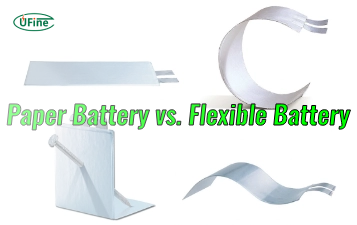
Paper Battery vs. Flexible Battery: What’s the Difference and Which Is Better?
Paper vs. flexible batteries: learn the key differences, benefits, and which power source fits best for wearables, sensors, and smart tech.
2025/04/11 Ufine
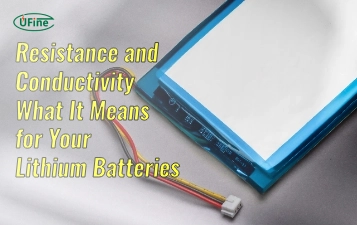
What to Know Before Buying a Tiny LiPo Battery for Your Project
Tiny LiPo batteries are powerful and compact. Learn how to choose the right one for your project with specs, safety, and charging tips.
2025/04/11 Ufine

Bloated LiPo Battery: Will It Explode?
Will a bloated LiPo battery explode? Discover the causes, risks, safety steps, and expert tips to avoid disaster and protect your gear. Must-read safety guide!
2025/04/10 Ufine
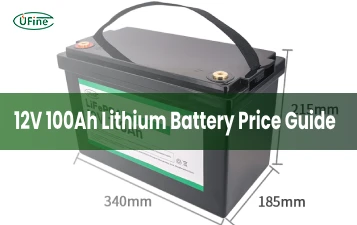
12V 100Ah Lithium Ion Battery Price: Full Guide
Learn about 12V 100Ah lithium-ion battery price, from cost ranges to best brands, hidden fees, and how to get the best deal. A must-read for smart buyers!
2025/04/10 Ufine

Resistance and Conductivity: What It Means for Your Lithium Batteries
Resistance and conductivity impact lithium battery performance, lifespan, and safety—learn how they work and why they matter.
2025/04/10 Ufine

What Is a Semi Solid State Battery and Why Should You Care?
Semi-solid-state batteries combine safety and high energy density, making them ideal for EVs, electronics, and future energy storage.
2025/04/10 Ufine

